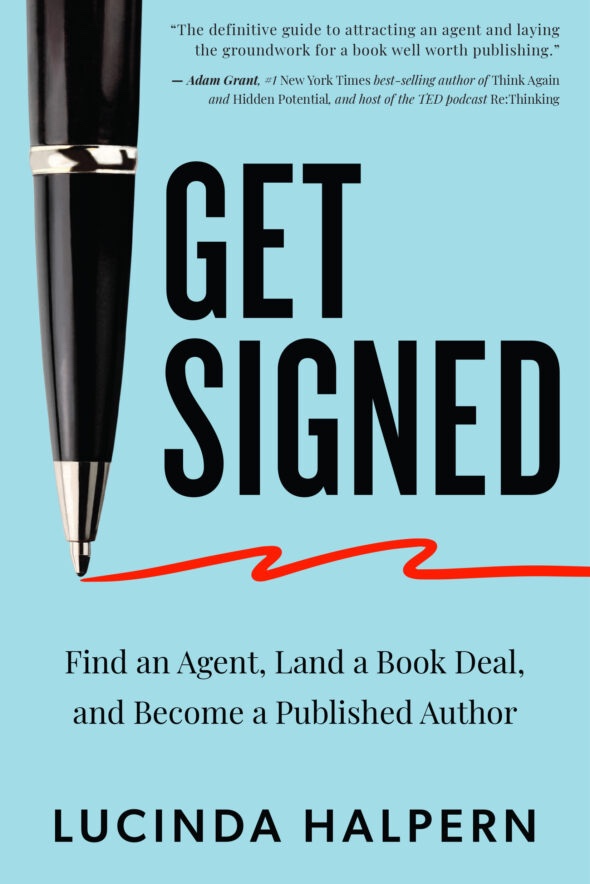Search
How to Choose Comps for Your Book
 First, a moment of gratitude for you: this blog has become so special to us because we get to share winning strategies, stories from the trenches, and those projects we’re most excited about with a private, intimate group of writers in our community. Better, through it we’ve gotten to meet so many of you in our workshops and consultations. So thank you for being part of that—allowing us to write from the heart.
First, a moment of gratitude for you: this blog has become so special to us because we get to share winning strategies, stories from the trenches, and those projects we’re most excited about with a private, intimate group of writers in our community. Better, through it we’ve gotten to meet so many of you in our workshops and consultations. So thank you for being part of that—allowing us to write from the heart.
It’s been extremely fun to brainstorm ideas for this blog, but this week we realized we hadn’t yet done the most basic thing of all, which we think you’ll find helpful. That is: answering one of your burning questions in Dear Abby style, and giving our advice and perspective in the hopes that it might help all the others out there who are mulling over the same challenge.
Our question today comes from Jaye, a fiction writer:
How can you tell what comps are right for your proposed book?
We always tell writers the following: think of your letter as you would an SAT test. (Because that’s not daunting at all… but stay with us). When it comes to comps (comparative titles), it’s better to answer with something than to leave this critical part blank. Even if you’re unsure as to comps, make choices. Just 2-3 suffice! And be specific as to why you see those books as comps, if your pitch doesn’t make it abundantly clear; you don’t want to leave your recipient scratching their head in confusion.
Because every editor is looking at what a book “comps to,” agents are thinking this way as well. Our insider recommendations?
- Choose books that have published in the last two years—or, are well-known, but are older masterpieces very much in need of an update.
- Look at the Amazon page: is the ranking within 10,000? This would indicate a very popular book, which is a good thing for agents and publishers to see. Number and quality of reviews? Also a good indication. The publishers behind those comps? Another consideration.
- If you’re looking for a major publisher, but you select comps from lesser-known small presses, you will give the impression that your book is niche—possibly too niche for a major publisher to consider.
Last but not least, consider the specific person you’re querying. Might you want to choose a successful title from their list as a comp, or something that falls within the general wheelhouse of the agency? Most definitely yes!
If you’re just starting out, explore our beginner resources on Get Signed







